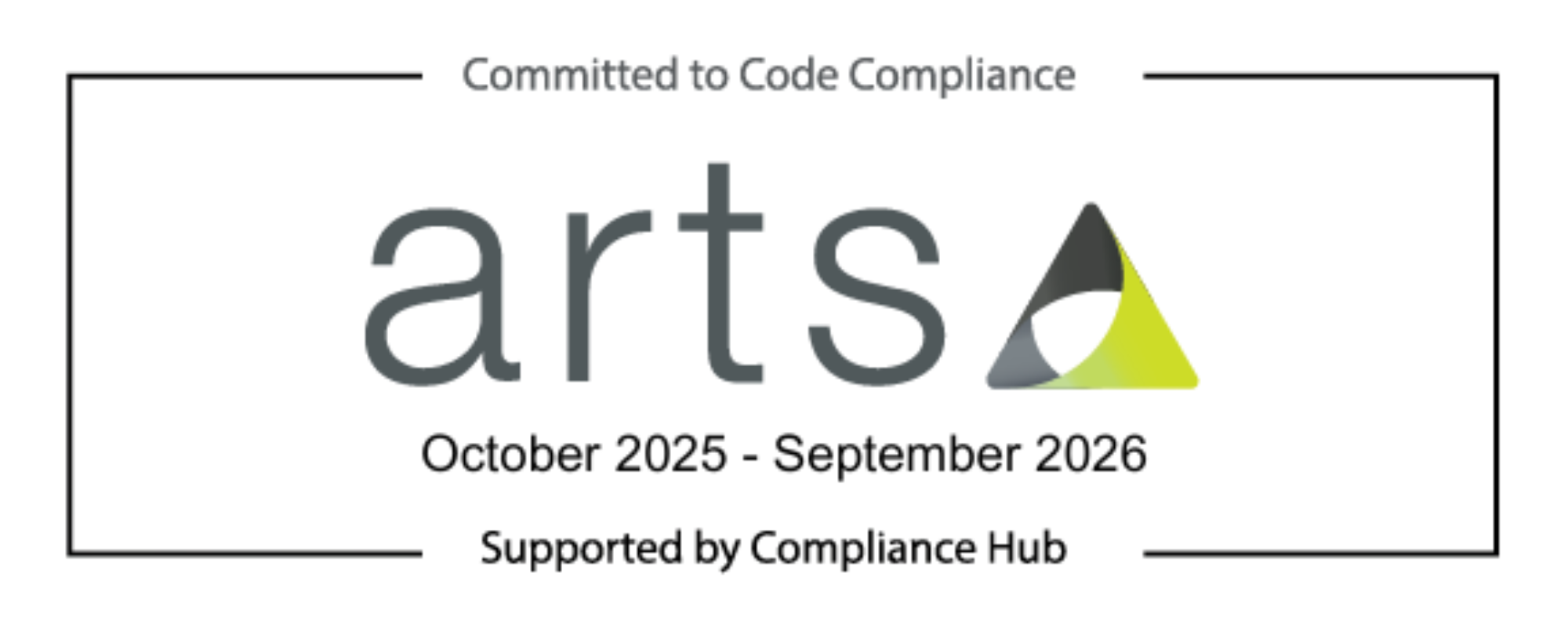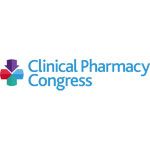How to use PrescQIPP resources to improve patient outcomes
)
PrescQIPP provides all the tools you need to optimise medicines for your patients whether at an ICS or PCN/practice level. On our website you will find evidence-based documents with data and implementation tools, plus a platform to share best practice and innovation across the NHS.
'
Who we are
We started as a QIPP workstream in the NHS 10 years ago, and having successfully grown, in 2016 became a Community Interest Company (an independent social enterprise) that operates on a not for profit basis for the benefit of NHS patients and commissioners. We are solely funded by the NHS for the NHS.
'
What we do
Our annual workplan is guided by our subscribers and the similar issues they face across the country. Our aim is to 'do once and share' reducing duplication and variation by producing resources and implementation tools for medicines related interventions with a robust quality assurance process and with regard to stakeholder feedback. Supported by detailed data analysis, the resources and tools provide local primary care health systems with information on medicines safety, outcomes and value for money to enable appropriate change to be embedded in practice for the benefit of patients and the NHS budget.'
'
Who are our subscribers, who can use our resources
We have a UK wide subscriber base that supports the majority of the UK patient population. Currently 98% of the English CCGs/ICSs subscribe, as well as Health Boards (HB) in Wales, Scotland, Northern Ireland, Isle of Man and Guernsey. The subscription provides access for all CCG/HB medicines optimisation teams and all GP practice staff working in the subscriber organisation. Any NHS professional can register without subscribing to access free of charge many of the materials on our site which we make available one year after publication.
'
Types of resources
The main types of resources are evidence based bulletins and briefings focusing on medicines optimisation priorities identified locally, regionally and nationally by'CCG/HB colleagues.'The bulletins and briefings are supported by implementation tools including patient information leaflets, letters, posters, videos, clinical audit templates and training slides. Each bulletin has a data pack'with details of CCG spending and potential savings to quickly assess the benefits of implementing the bulletin guidance.
'
Key areas
We have developed information hubs (webkits) that contain a number of resources around key therapeutic topics and strategic areas. For example ' adherence and waste, antimicrobial stewardship, care homes, continence and stoma, dermatology, diabetes, high cost drugs (including biosimilars), low priority prescribing, medicines safety, nutrition, pain, polypharmacy and deprescribing, primary care rebates, respiratory care, self care, specials and wound care. We have produced campaigns focusing on waste and self care. We lead and run networks, for example the monthly Senior Brief for CCG medicines optimisation leads covering current issues and information; as well as Virtual Professional Groups (VPGs) for subscribers, for example Antimicrobial Stewardship, Biosimilars, Care homes, Nutrition and Polypharmacy and Deprescribing. We also provide a range of education and training opportunities from the Leadership Academy to e-Learning and Face2Face day workshops or virtual workshops.
'
Find out more'
Visit the PrescQIPP website to find resources about'safe and effective use of medicines for patients, improving patient outcomes and making savings on prescribing without compromising the quality of patient care. https://www.prescqipp.info/


 London
London


